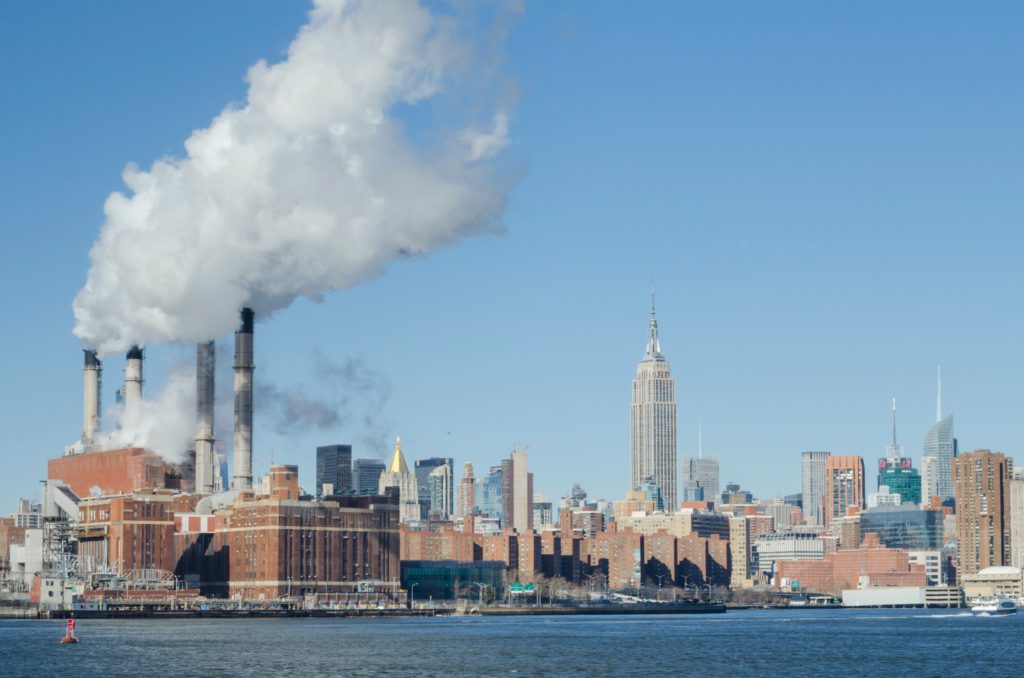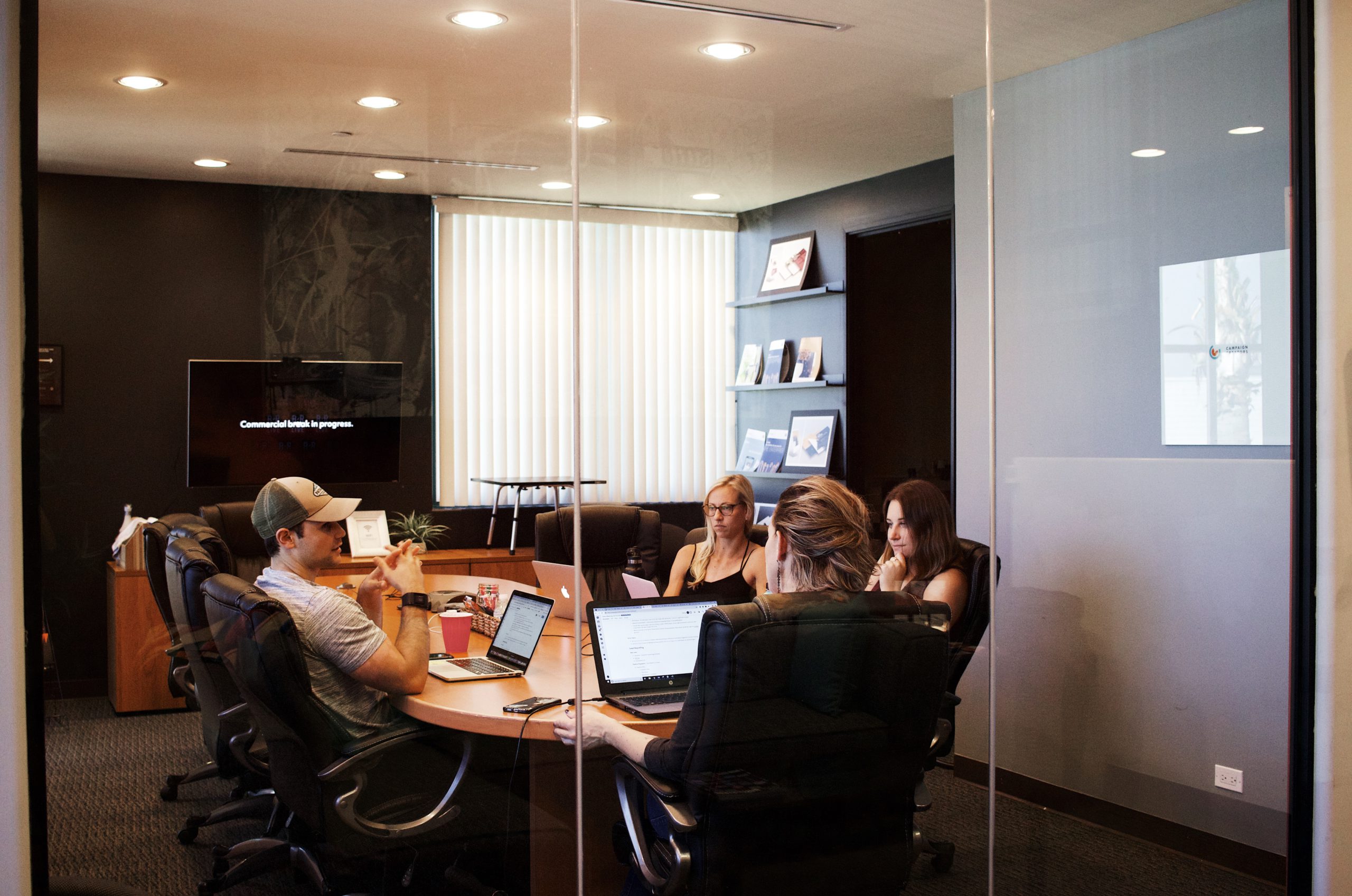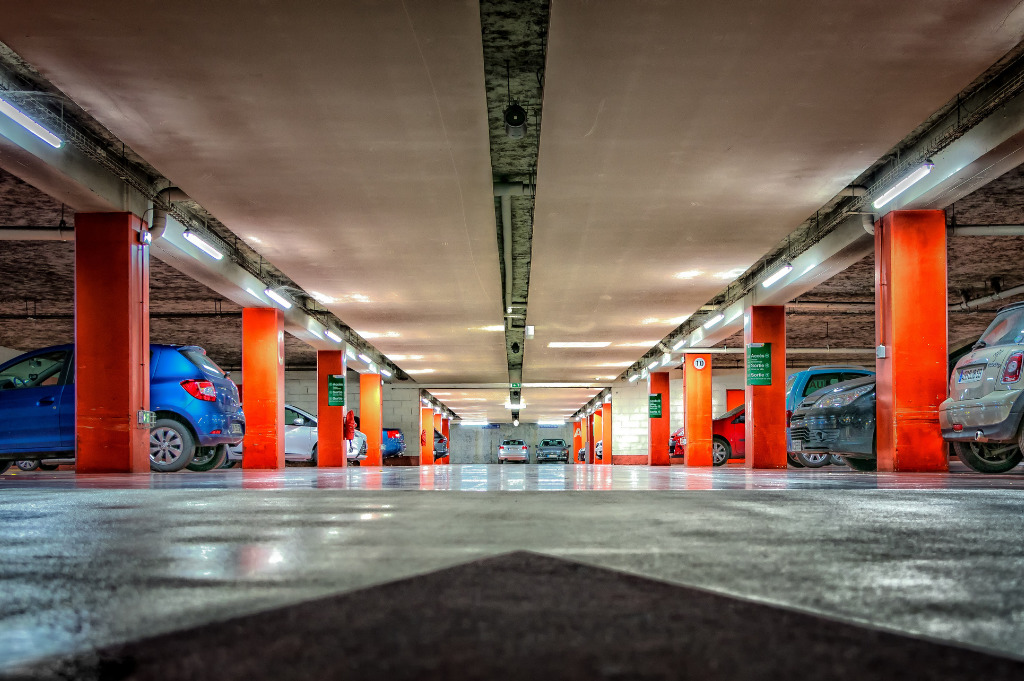COP26 is occurring in Glasgow this year from the 31st of October to the 12th of November. But what exactly is COP26?
What is COP26?
COP26 is a global summit for United Nations (UN) members to discuss climate change. It stands for ‘Conference of the Parties’ and was first held in 1995 in Berlin. The focus for COP26 is how the members of the UN plan to tackle climate change. Originally scheduled for last year, COP26 was delayed for one year as a result of the pandemic. The end of COP25 saw world leaders agree to cut carbon emissions, with the goal to become close to net zero by 2050. This means that the balance between the amount of green house gasses produced versus the amount being removed from the atmosphere.
With countries worldwide setting the goal of becoming net zero by 2050, that will mean a lot of changes to come over the next 30 years. This will inevitably lead to governments globally reducing their emissions. Therefore, a move towards greener and more environmentally conscious business practices.
However, some countries have been known to be quite problematic when it comes to change in the past. Brazil have caused controversy in how they are approaching the rules in the Paris Agreement. Brazil have pushed back on Article 6 of the Paris Agreement – particularly in respect to carbon pricing. Along with Brazil, the United States have been accused of “holding back progress on another issue: loss and damage, a term which describes impacts from climate change which can no longer be adapted to”.
What are the key talking points so far?
The conference however is not as boring as it appears however. Leaders across the world have been speaking at length about their governments plans to reduce C02 emissions.
Whilst on the streets, activists from across the world are joining together to create awareness to what they believe are important issues for debate at the event. The iconic Greta Thunberg has been leading some of the peaceful protests that have been ongoing this week. The message from activists is clear, they want leaders to be more accountable and create real change.
(Credit: STV News)
Inside the conference, there has been some big announcements made throughout the week. With the most notable being:
India announce goals to meet net zero target by 2070
A country with 1.3 billion inhabitants, India has the third largest emissions rates in the world. Prime Minister Narendra Modi made the announcement that India will decarbonize over the next 50 years. This is 20 years after the rest of the world had targeted to achieve this goal, however the Council on Energy, Environment and Water (CEEW) believe that 2070 is a realistic timeline.
The Glasgow Breakthrough Agenda
More than 40 world leaders signed a declaration to provide clean technology solutions that are also affordable worldwide by 2030. Leaders from the UK, Ghana, the US, and the EU signed the agreement. These solutions aim to clean up the polluting sectors and make the goal of net zero much more attainable.
UK Corporate Climate Disclosure Requirement
The UK will force most large firms and financial institutions to show how they intend to meet climate change targets. The news comes under the proposed new Treasury rules and aims to have plans in place by 2023, detailing the requirements. These proposed rules should encourage more transparency and accountability from these firms. Moreover, will this have a knock-on effect and be encouraged in other countries?
What does COP26 mean for businesses?
COP26 is poised to have a big effect on businesses. With a lot of protestors blaming governments for allowing large corporations to engage in greenwashing without doing very much to reduce their emissions. Greenwashing is a tactic whereby a business voices their efforts to be more environmentally-friendly and reduce emissions, but in reality it is just deceptive PR approach. So, with this in mind, businesses may be encouraged to make big changes to their approach to emissions. Here is some changes we might expect to see throughout the final week of the COP26 event.
1. More Transparency and Accountability
As we mentioned above, the UK has planned to force firms and financial institutions to show the public their plans for a low-carbon future. Announcing this at the COP26 event could have a knock-on effect, whereby other nations implement a similar process. Transparency will help other companies make their plans for low-carbon futures. Additionally, holding companies more accountable for their low-carbon plans could satisfy the calls of protestors. Therefore, more transparency and accountability for businesses could be making its way to other countries worldwide.
2. Pricing Carbon Emissions
There has been some attempts made at carbon pricing frameworks over previous COPs, but this year, there could be more efforts made to finalize these rules. Currently, Governments are prompted to use their own methods to price carbon. Typically, this is in the form of a carbon tax. These taxes are poised to increase in line with meeting the net zero goal. Should these taxes being increased, business will be forced to look for new ways to reduce their emissions.
This will lead to businesses looking for solutions to better enable their low-carbon plans. Here is where Ronspot can aid businesses by improving office facility efficiency. You can read more on this below.

3. Climate Conscious Employees
With the sheer amount of protesting, it is clear that the world wants change. Social media has been alight with videos of protests in Glasgow, Greta Thunberg rallying the troops, and statements made from leaders about the magnitude of the climate crisis. Moreover, social media is a big influence on employees everyday lives. To prepare for this, businesses must be ready to deal with questions from employees about their plans for climate change. Therefore, companies will have to take action and begin to work towards net zero carbon emissions.
Ronspot and Tackling Climate Change
It is clear that COP26 will lead to some changes to business, especially in how they manage their emissions. Additionally, employees and customers are aware of greenwashing now more than ever. So, this tactic will not be as effective anymore. People want action and transparency.
Many organizations are now working towards remote-only or flexible working arrangements for the workplace. As a result of this, we are likely to see companies better managing their office space. Ronspot can be of real benefit to these companies.
The increase in carbon taxes and climate crisis measures will hurt company profits. Therefore, companies will look for ways to reduce their spending in other areas. This is where Ronspot can help. Ronspot can help companies to reduce their real-estate spending. Just like it helped SSE Airtricity in Dublin reduce their spend on parking spaces by €25,000 per annum.
Ronspot maximizes efficiency by ensuring all free spots in a car par or office are allocated to employees. The system allows employees to book spots through the mobile app. Employees can make bookings up to 90 days in advance. Therefore, employees have control over when they work onsite. So, employees can go about making bookings – while in the background, Ronspot analytics is recording the occupancy levels each day.
How does this help companies? By tracking the occupancy levels, Ronspot provides administrators information on how much space is being unused in the car park or office. Then real-estate teams can use this information to make informed decisions. For SSE Airtricity, Ronspot identified that there was just a mismanagement of space allocation. As a result, the team reduced the number of parking spaces and used Ronspot to manage the parking allocation. This led to 100% occupancy levels on most days.
Furthermore, Ronspot can manage capacity limits in the office. Admins can set rules around the capacity limits in place in a companies office. Therefore, if a business has a capacity limit of 70%, they can set this protocol in the admin panel. Once set, after 70% of bookings are made, Ronspot will no longer allow employees to book a spot.

Finally, Ronspot facilitates flexible working. Over the course of the pandemic, there was a 15% reduction in transport emissions in the US. This was due to employees working from home. Now, as employees are returning to the office, flexible working is the becoming the norm. This means employees work from home and in the office asynchronously. Ronspot allows companies to manage this and see who is working onsite and who is working from home each day. The idea of flexible working is still in debate to whether it is better for the environment or not. Currently, reducing emissions from commuting is a positive from flexible working, it will be an important discussion over the coming year.
Book a Demo Today
Learn more about Ronspot and see how it could help your business with reducing carbon emissions today. Book a demo by clicking the button below.
Talk to our team
Book a demo today and see how Ronspot can simplify your workplace management




